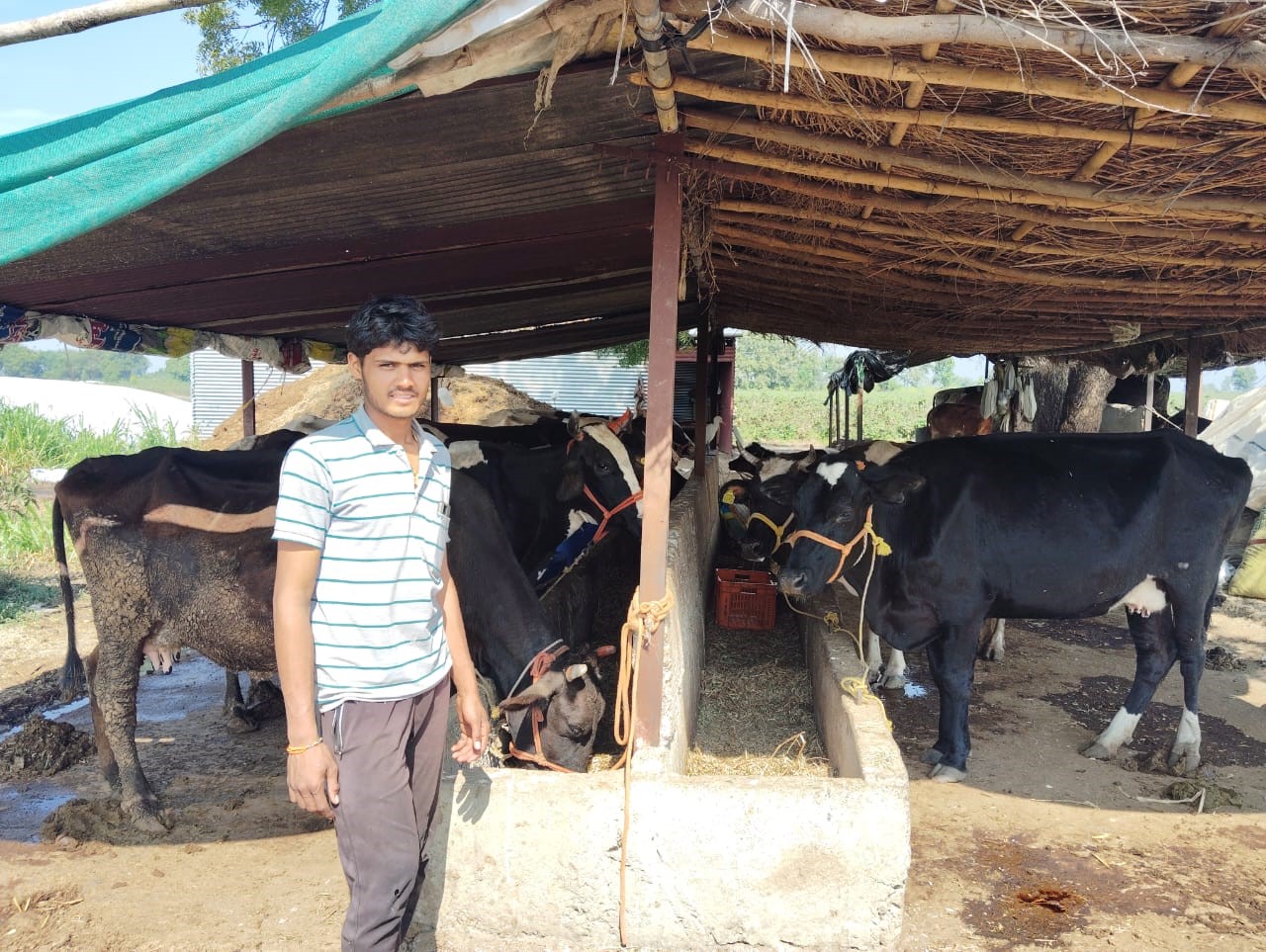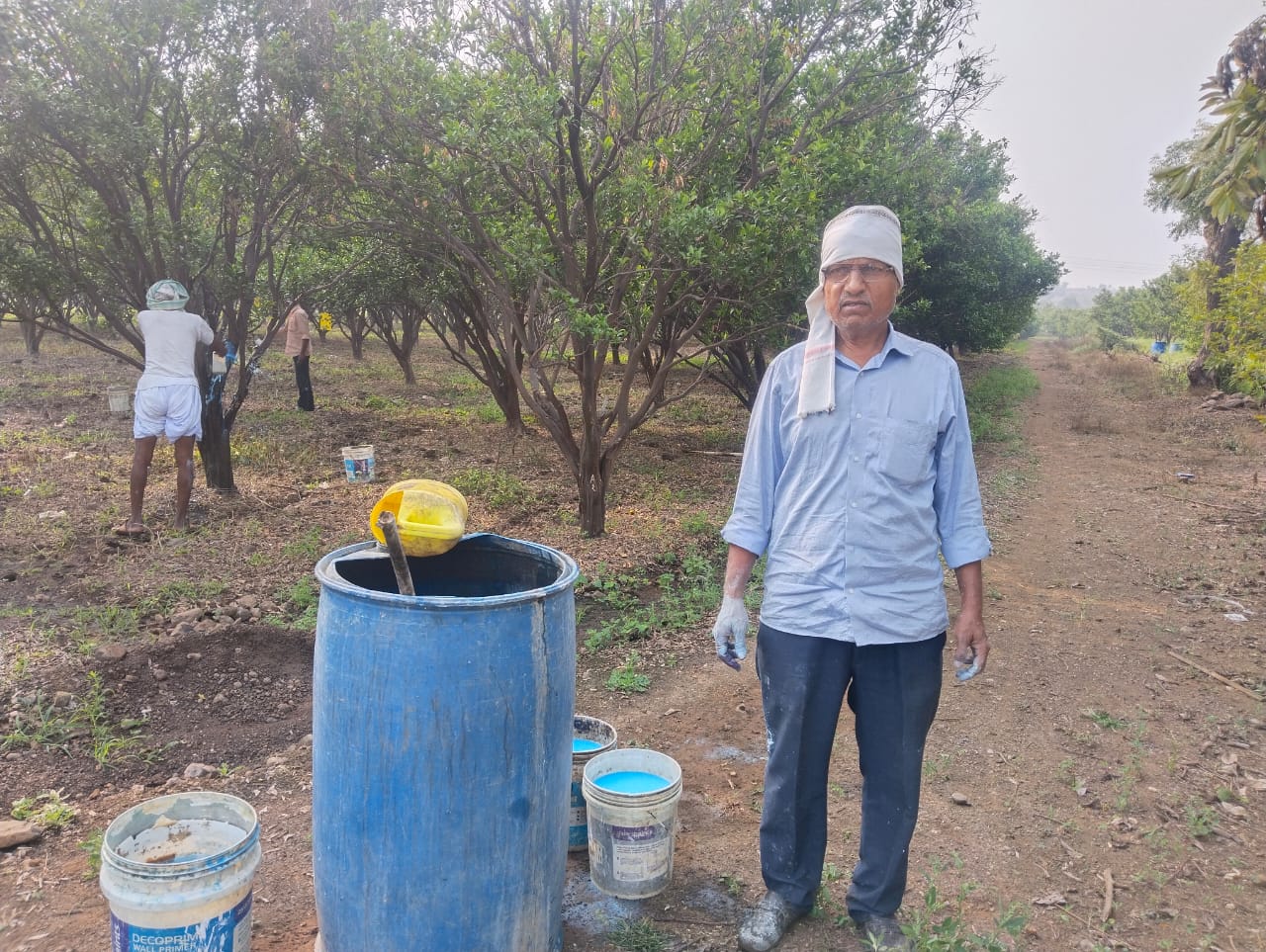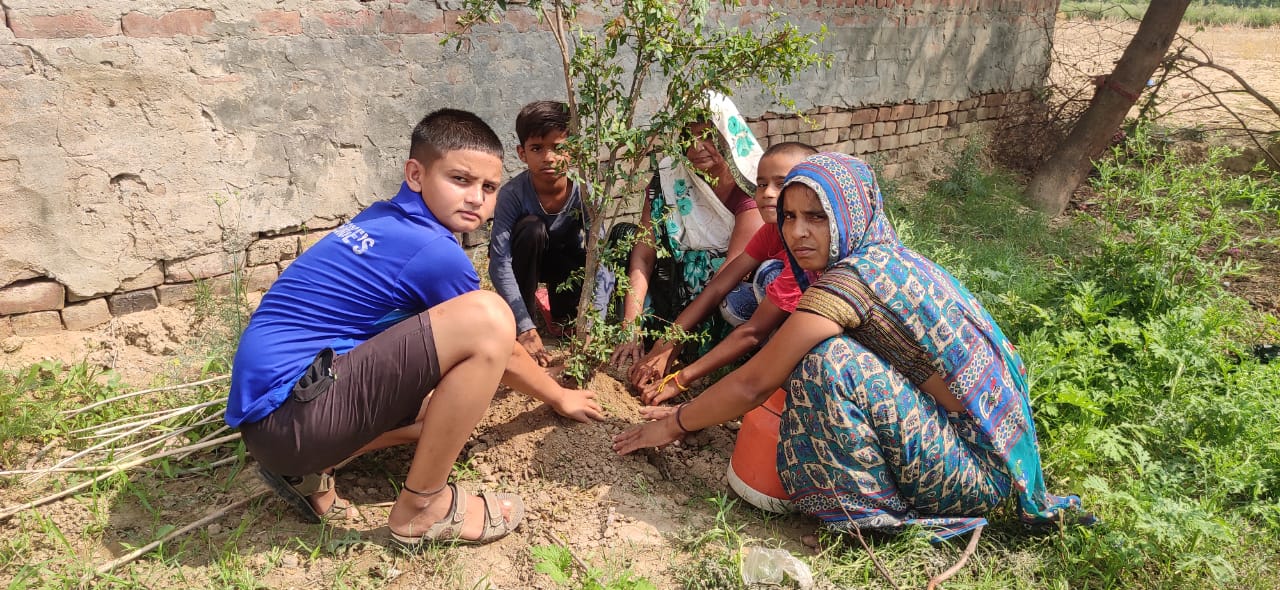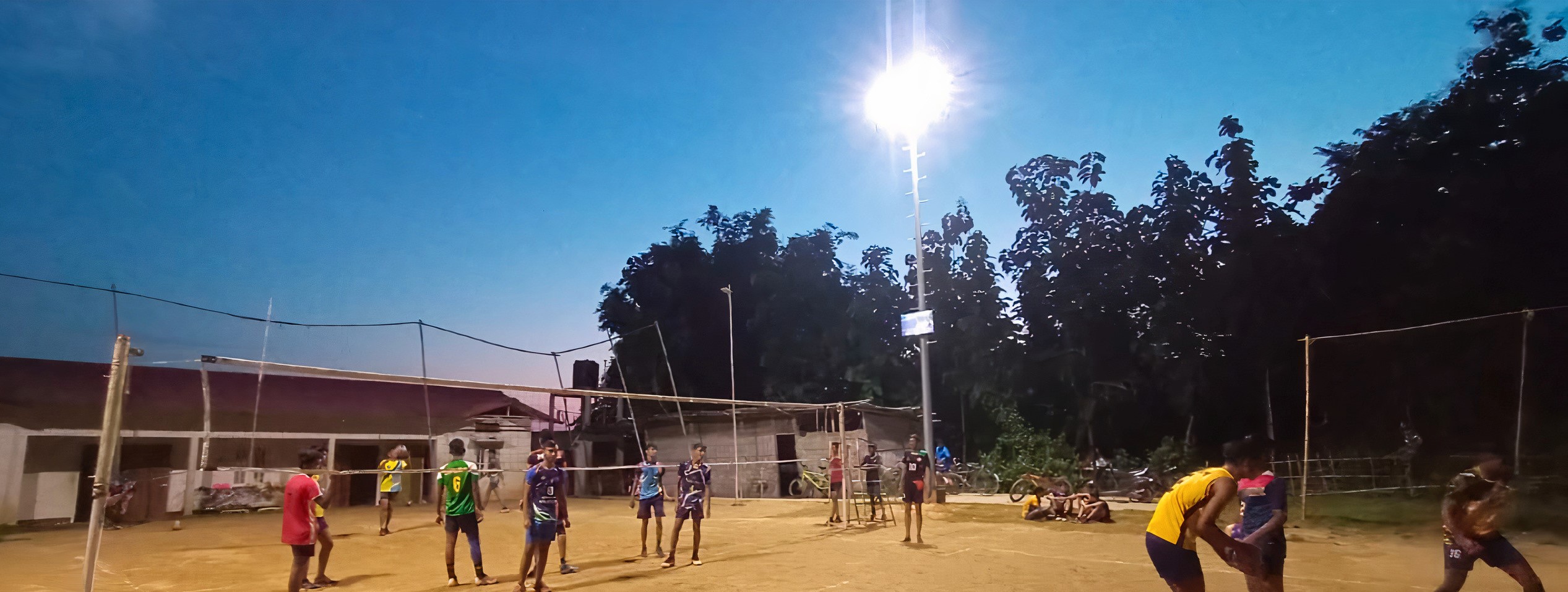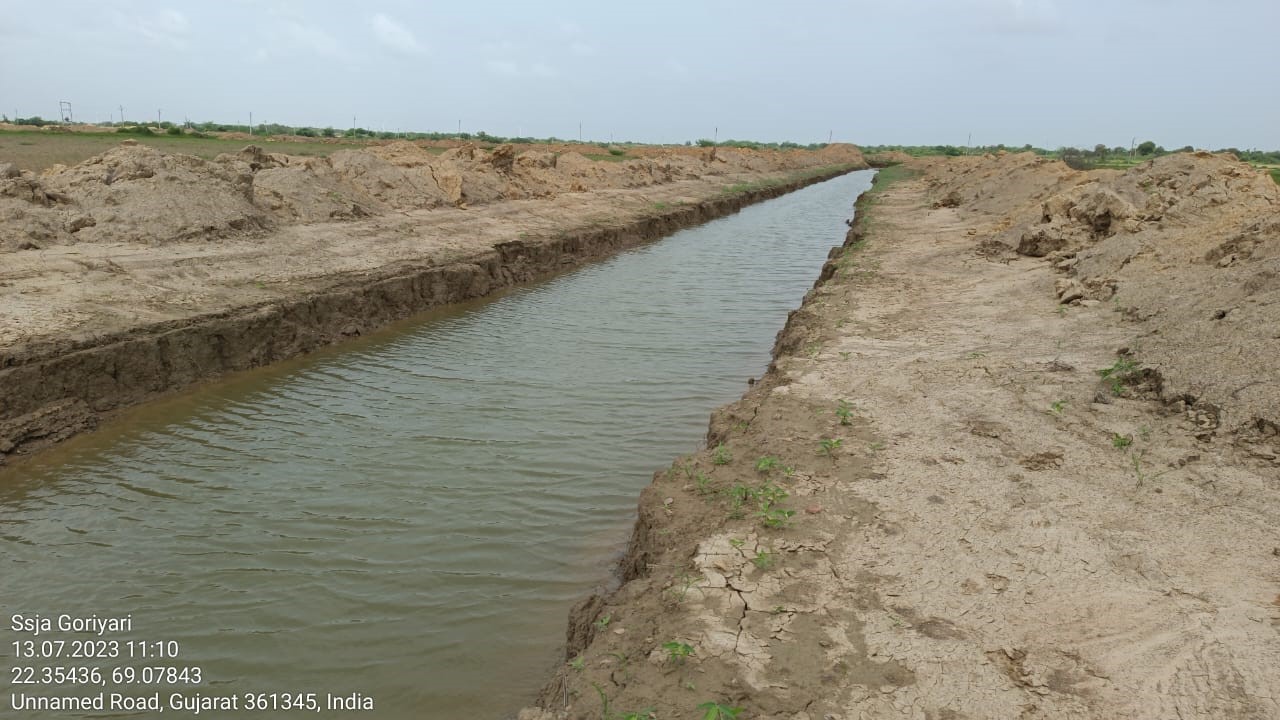Intro: Habitat India’s Sensitise to Sanitise (S2S) Coalition brings institutions with complementing skills and capabilities together to address the ecosystem of sanitation and work together on making India open-defecation free
Driven by the vision that everyone needs a decent place to live, Habitat for Humanity began in 1976 as a grassroots effort. The housing organisation has since grown to become a leading global nonprofit working in more than 70 countries. In India since 1983, Habitat for Humanity has supported more than 35 million people by helping them build or improve a place they can call home, build improved sanitation units and provide humanitarian aid and disaster resilient shelter solutions in the aftermath of natural disasters.
Flagship programme: Sensitise to Sanitise
Swachh Bharat Abhiyan was launched by the Government of India to end open defecation and clean up the streets, roads and infrastructure of Indian cities, smaller towns and rural areas. The objectives of Clean India Mission as it is also called include eliminating open defecation through the construction of household-owned and community-owned toilets and establishing monitoring supportive community and behavior environment for toilet use.
In alignment with the Swachh Bharat Abhiyan, Habitat for Humanity India launched the Sensitise to Sanitise campaign with an aim to build sanitation units for families, schools, communities to put an end to open defecation. A year later in July 2015, Habitat went a step further to launch the Sensitise to Sanitise (S2S) Coalition. The coalition has brought organisations and stakeholders working in the eco-system of sanitation.
With 20 partners across the country, the Coalition helped districts across India achieve Open Defecation Free status, piloted innovative models in implementation and technology and explored new linkages for scale. S2S Coalition’s effort in the sanitation sphere has been committed to improving lives of the communities. An important component in this is the fact that the partners have identified and built on the capacities of the communities to improve their hygiene habits through behavior change communication.
The S2S Coalition has footprints in 30 states in the country and has impacted more than 3 million individuals till date.
Implementation
Due to COVID-19, the need for a decent shelter, improved sanitation and hygiene has become a need of the hour. Habitat India has been working on ground providing handwash training in the most marginalised communities with the support of grassroots organisations and partner organisations. Since 2016, Habitat India’s handwashing campaign has touched the lives of over 10.45 million individuals. During COVID-19 lockdown, Habitat India trained over 64,636 people on hygiene habits and handwash techniques through Information Education and Communication materials with the support of 71 grassroots level partners and 2534 volunteers. There is a constant need to raise awareness and impart hygiene education in the post COVID-19 phase to avoid the second wave. Along with providing hygiene kits, Habitat India’s long-term plan includes creating awareness through capacity building of communities by training of trainers, community mobilization and creating community support groups, providing school sanitation and hygiene education and menstrual hygiene management and supporting families in building a sanitation unit in their homes.
Impact
Habitat India believes that everyone should have access to sanitation, hygiene and safe water at home. Under its ‘WASH’ initiative, Habitat India has helped in building sanitation units (Individual Household Latrines) for 11,66,223 families, school sanitation units in 277 schools and 19 community sanitation units. Through the Sensitise to Sanitise (S2S) Coalition, Habitat India has impacted more than 3,23,79,233 individuals. Habitat India also runs a community-driven Behaviour Change Communication (BCC) programme to sensitise people about the importance of sanitation and hygiene.
Sustainability
Habitat India believes that the vision of ‘a world where everyone has a decent place to live’ can be achieved only when issues around the shelter-ecosystem are addressed. Habitat is working towards solving these issues through direct intervention and collaboration with grassroots level partners. The 4P (Public Private People’s Partnership) model of its programmatic strategy ensures long-term impact and sustainability since it entails ownership of the implemented programmes by the local community at all levels.
Focus in post-COVID-19 world
Habitat India has been imparting Behaviour Change Communication (BCC) training in urban slums, rural areas and tribal hamlets. BCC goes hand in hand with WASH – Water and Sanitation interventions. The organisation now goes a step further to include financial literacy and savings education to BCC modules. BCC++ programmes are promising especially in post COVID-19 response to ensure more inclusion and resilience. Habitat India has organised workshops on BCC++ and COVID-19 Prevention in 6 batches training 375 master trainers; mainly the frontline staff from 37 NGOs in 11 states. A national level strategy is needed post COVID-19 to bring about desired change in behaviour for families and communities in India’s cities and villages to curtail the spread of such disasters in the future.
Rajan Samuel
Managing Director
Habitat India
Case study
Building toilets, bringing dignity
Ramesh Mangla Andher lives in Sayli village, Silvassa, Gujarat. He works as a Panchayat clerk and contributes to the household with his two brothers. A family with 16 members, their home never had a toilet until recently. Today with the support from Habitat India, the family is a proud owner of a toilet.
The family owns a rice field behind their house. Earlier the family members used the fields to relieve themselves. The family would drink less water to avoid frequent urination which severely hampered their health. With a toilet in the house, the family members’ health has improved subsequently. Ramesh said, “I am glad that my daughters won’t have to go out in the field to defecate now. It was difficult for my mother to defecate in the open too, especially when she fell sick. This toilet has come as God’s blessing.”
Subsequently, Ramesh played a significant part in helping other families to build a toilet in their home. He accompanied the Habitat team to visit other families that didn’t have a toilet. There were some major concerns that the community faced because of lack of a toilet. Ramesh explains, “The women in the village had a tough time. They had to go in the fields early in the morning. Young boys would try to click their photos. With the toilet in their homes, women in the village no longer live in fear of being eve-teased or embarrassed.”
169 toilets were built in Sayali village by Habitat India, including one in an Anganwadi. Ramesh is grateful to have a sanitation facility which provides a safe and hygienic life for his family and many other families in his village.


